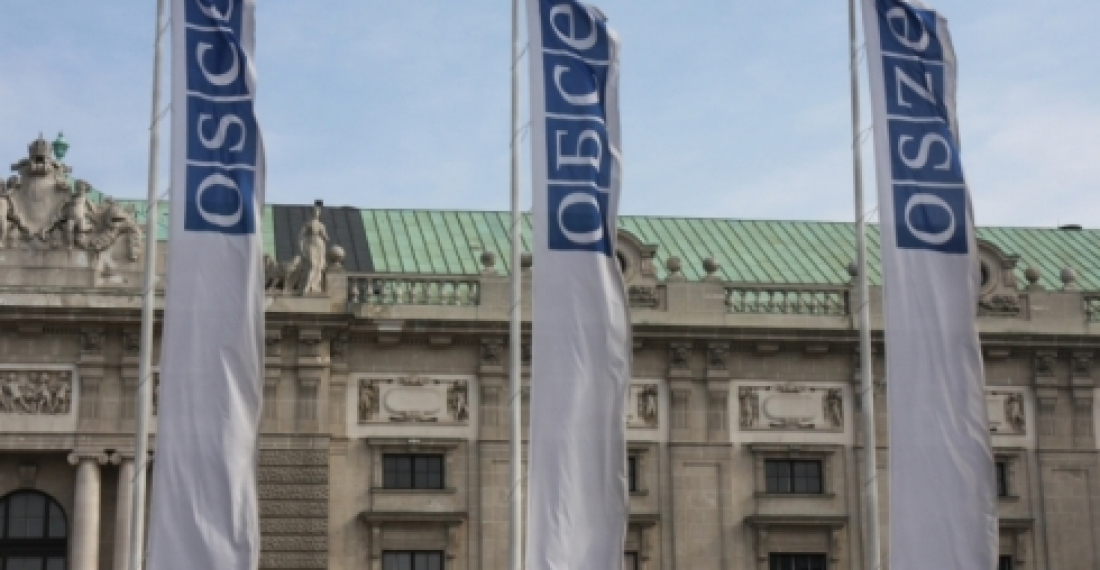The foreign ministers of the 57 member states of the Organisation for Security and Co-operation in Europe (OSCE) will hold their annual ministerial meeting on Thursday and Friday under the chairmanship of the outgoing Albanian Chairmanship. The summit was originally scheduled to be held in Tirana, but will now take place in virtual format.
This has been a very difficult year for the OSCE. In the summer the organisation was thrown in crisis when the mandate of its four senior officials was not renewed, leaving it headless for the rest of the year,
The organisation has in recent years been looking increasingly marginalised in relation to major challenges facing the Euroatlantic and Eurasian security space.
Helga Schmid, who until now headed the EU's External Action Service is expected to be elected as the new Secretary General of the organisation.
Watch the first day of proceedings:
source: commonspace.eu with agencies






